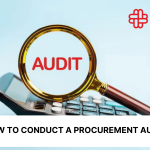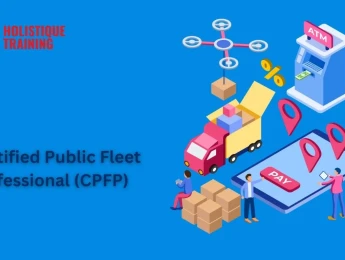In today's ever-evolving business landscape, corporations face many challenges ranging from environmental concerns to financial complexities. As a result, there's an increased emphasis on internal audit functions to ensure quality and compliance. This course equips participants with the knowledge and skills to plan and execute effective audits of projects and contractors, ultimately meeting predetermined objectives.
Upon completion of this course, participants will be able to:
- Understand the integration of projects and contractors to uphold quality standards.
- Implement project risk assessment practices and Quality Assurance and Improvement Programs.
- Recognise the impact of audit planning on the auditing process.
- Manage audits of projects and contractors efficiently.
- Enhance management skills within the audit process.
- Establish actionable audit findings to drive integration and improve efficiency.
- Apply 'Conformance with International Standards for the Professional Practice of Internal Auditing'.
This course suits a wide range of professionals, including:
- Financial Managers seeking to enhance their understanding of project and contract audits.
- Project Managers aiming to improve efficiency through risk assessment.
- Internal Auditors looking to expand their technical skills and compliance knowledge.
- External Auditors involved in interim audits or agreed-upon procedures.
- Accounting Professionals seeking career advancement opportunities.
- Key stakeholders involved in the implementation of significant projects.
This course adopts a comprehensive and interactive training methodology, combining theoretical instruction with practical applications. Participants will engage in lectures, hands-on exercises, and group discussions to grasp audit management concepts effectively. Real-world case studies and scenario analyses will provide practical experience in auditing projects and contractors. Role-playing activities and self-assessment tools will facilitate the development of strategic planning, risk assessment, and reporting skills. This multifaceted approach ensures participants are well-equipped to manage audits efficiently and uphold quality standards within their organisations.
Day 5 of each course is reserved for a Q&A session, which may occur off-site. For 10-day courses, this also applies to day 10
Section 1: Understanding Project Management and Contractor Engagement
- Overview of project management concepts and terminology.
- Key components of project activities and lifecycles.
- Procurement process and contractor scope.
Section 2: Project Audit Procedure and Implementation
- Phases of the project audit process: preliminary, performance, assessment, and completion.
- Strategic planning, resource allocation, and risk assessment.
- Monitoring audit activity, staff performance, and self-assessment.
Section 3: Functional Implementation and Best Practices
- Common challenges and solutions in audit processes.
- Importance and frequency of external assessments.
- Ethical considerations in auditing.
Section 4: Reporting and Stakeholder Management
- Stakeholder management and resource administration.
- Report writing, presentation, and implementation.
- Reporting on Quality Assurance and Improvement Programs.
Section 5: Practical Application and Case Studies
- Case studies for practical application.
- Evaluation of real-world scenarios.
- Discussion and analysis of best practices.
Upon successful completion of this training course, delegates will be awarded a Holistique Training Certificate of Completion. For those who attend and complete the online training course, a Holistique Training e-Certificate will be provided.
Holistique Training Certificates are accredited by the British Assessment Council (BAC) and The CPD Certification Service (CPD), and are certified under ISO 9001, ISO 21001, and ISO 29993 standards.
CPD credits for this course are granted by our Certificates and will be reflected on the Holistique Training Certificate of Completion. In accordance with the standards of The CPD Certification Service, one CPD credit is awarded per hour of course attendance. A maximum of 50 CPD credits can be claimed for any single course we currently offer.
- Course Code PF1-127
- Course Format Classroom, Online,
- Duration 5 days














